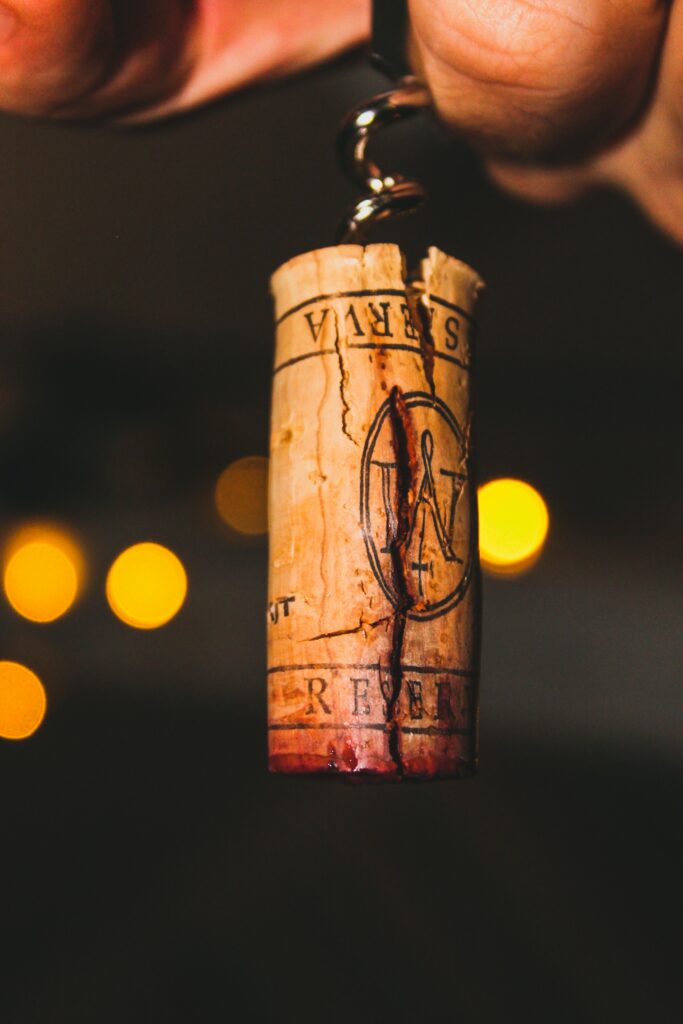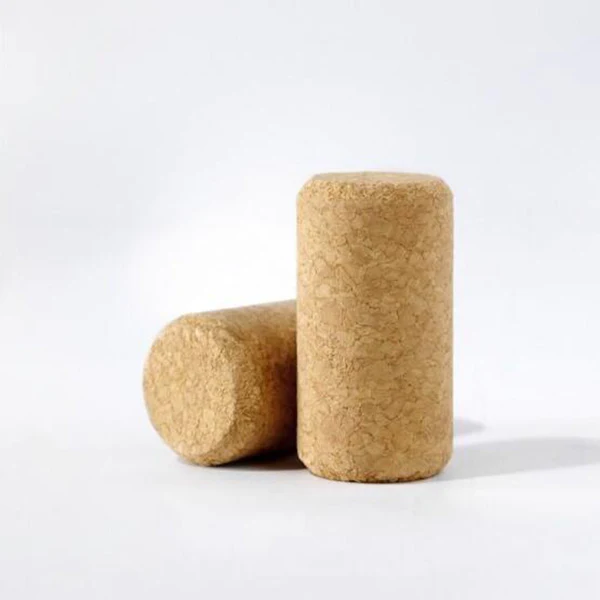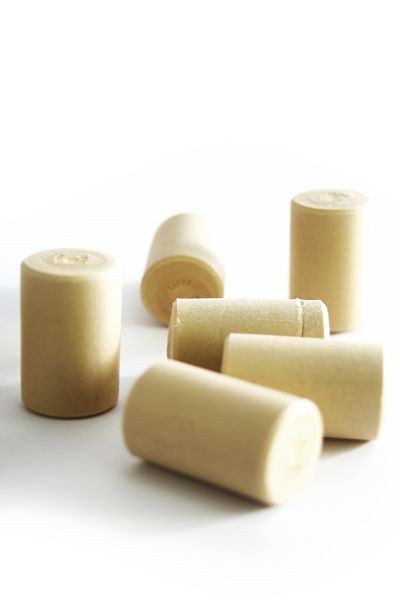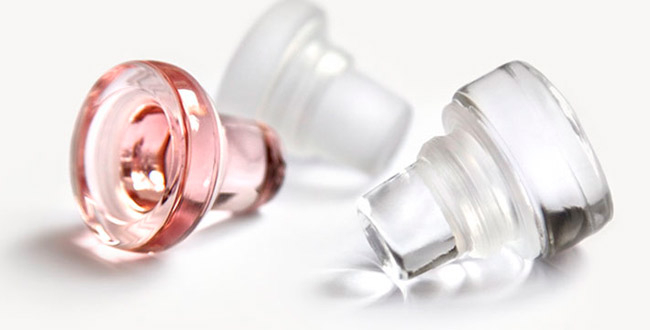Le monde du vin est un domaine de passion, de tradition et d’innovation, où chaque détail compte. Parmi ces détails, le choix du bouchon est loin d’être anodin.
It has a direct impact on wine storage, aging and tasting. Oeni, your wine cellar management app with sommelier on iOS and Android offers an in-depth exploration of the different types of cork and their influences on wine.
The different types of corks
1) The natural cork stopper: tradition and respiration

The natural cork stopper represents winegrowing tradition at its most emblematic. Made from the bark of the cork oak tree, mainly harvested in Portugal, this stopper is appreciated for its almost miraculous properties.
It is both elastic and impermeable, allowing the wine to develop and age in optimal conditions. Cork's ability to "breathe" allows a measured exchange of oxygen, essential for the ageing of red wines.
However, natural cork can sometimes suffer from quality variations and is subject to "cork taint", an aromatic defect caused by chemical compounds such as TCA (trichloroanisole).
2) Agglomerated cork: economy and uniformity
To compensate for variations in quality and reduce costs, the industry has developed agglomerated cork stoppers.
These corks are made from resin-bonded cork granules, offering greater uniformity and lower cost.
They are generally intended for young wines, to be consumed within two years of bottling, as they do not possess the same elastic and durable properties as natural cork.

3) The synthetic cap: innovation and consistency

In response to the challenges posed by cork, the wine industry has seen the emergence of synthetic corks.
These corks, often made from plastic or petroleum-derived materials, offer a barrier against TCA and a corking-quality consistency. They do not degrade or alter the taste of the wine through aging.
However, they are less permeable to oxygen, which can be a disadvantage for wines destined for long maturation.
4) The screw cap: practicality and modernity
The screw cap revolutionized the wine industry by offering a practical alternative to traditional corks. It ensures hermetic closure and virtually eliminates the risk of cork-related defects. The screw cap is particularly appreciated for wines destined for rapid consumption, such as many white and rosé wines.
It also allows easy re-opening and closing, ideal for consumers who don't finish their bottle in one go.

5) The glass stopper: elegance and performance

The glass stopper is a relatively recent innovation and represents an elegant, high-performance solution for sealing wine bottles.
These corks offer a perfect seal and are reusable, which appeals to ecologically conscious consumers. What's more, they have a high-end appearance and are often used for premium wines.
The evolution and future of wine corks
The wine industry continues to seek innovative solutions to improve cork quality. Recent developments include technical closures that combine materials such as cork and plastic to exploit the advantages of each.
Other research is focusing on the use of sustainable, biodegradable materials, such as recycled cork or plant-based polymers, to reduce environmental impact.
The choice of cork, a reflection of the winemaker's philosophy
The choice of cork is a reflection of the winemaker's philosophy and intentions for the wine. Whether for prolonged aging, immediate consumption or ecological considerations, each type of cork has its advantages and disadvantages.
The debate between tradition and innovation continues to generate lively discussion among wine enthusiasts and professionals alike. What is certain is that the cork remains a crucial element in the expression and preservation of wine.





